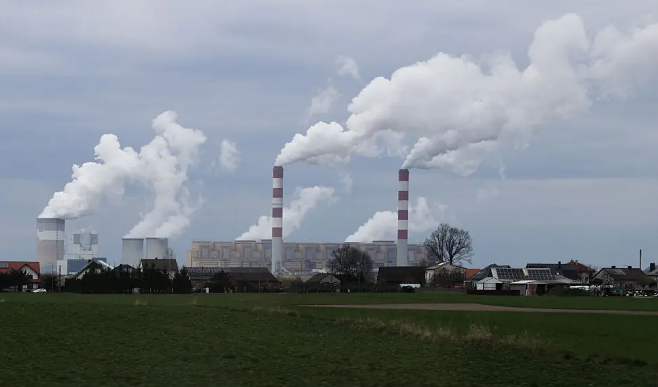Reducing greenhouse gas emissions could save hundreds of thousands of lives across Europe by drastically improving air quality, according to a new study published this week in the journal Earth’s Future.
The study, conducted by researchers at the University of Leeds, projects that up to 250,000 premature deaths caused by air pollution in central and western Europe could be avoided by 2050 if governments adopt bold climate policies. The findings highlight the growing public health benefits of curbing emissions, particularly in sectors such as transport, industry, agriculture, and housing.
Air pollution, primarily from vehicle exhaust, industrial emissions, and wildfires, remains a major global health threat. According to the World Health Organization (WHO), it causes approximately 7 million premature deaths each year, ranking as the second leading cause of death worldwide after high blood pressure.
The Leeds research team examined the long-term effects of two major pollutants: fine particulate matter (PM2.5), which can penetrate deep into the lungs and bloodstream, and surface-level ozone, formed when sunlight reacts with pollutants like nitrogen oxides. Exposure to these pollutants is linked to a wide range of serious health problems, including stroke, heart disease, and respiratory illnesses such as pneumonia.
To forecast the impact of climate action, researchers modeled three policy scenarios—low, medium, and high intervention—using atmospheric chemistry simulations. Under the “high action” scenario, emissions would be cut so significantly that 70% of the region’s population would experience air quality levels within WHO guidelines. This scenario led to the most dramatic health improvements, including the potential prevention of a quarter-million deaths.
Importantly, the study also found that aggressive emissions reductions could help close health inequality gaps. Disadvantaged regions of Europe, which currently suffer disproportionately from poor air quality and higher pollution-related death rates, would see the greatest gains under high-impact interventions.
Lead author Connor Clayton, a PhD candidate at Leeds’ School of Earth and Environment, emphasized the importance of aligning climate policy with public health and equity goals. “The strategies that policymakers take to mitigate climate change will have considerable implications for human exposure to air quality,” he said. “But they also urgently need to consider the persistent inequity of exposure between wealthier and more deprived populations.”
While air pollution levels have been declining across Europe in recent decades due to EU regulations, the study warns that current efforts may not be enough. Without stronger action, the researchers argue, the health consequences of climate inaction will only worsen.









































